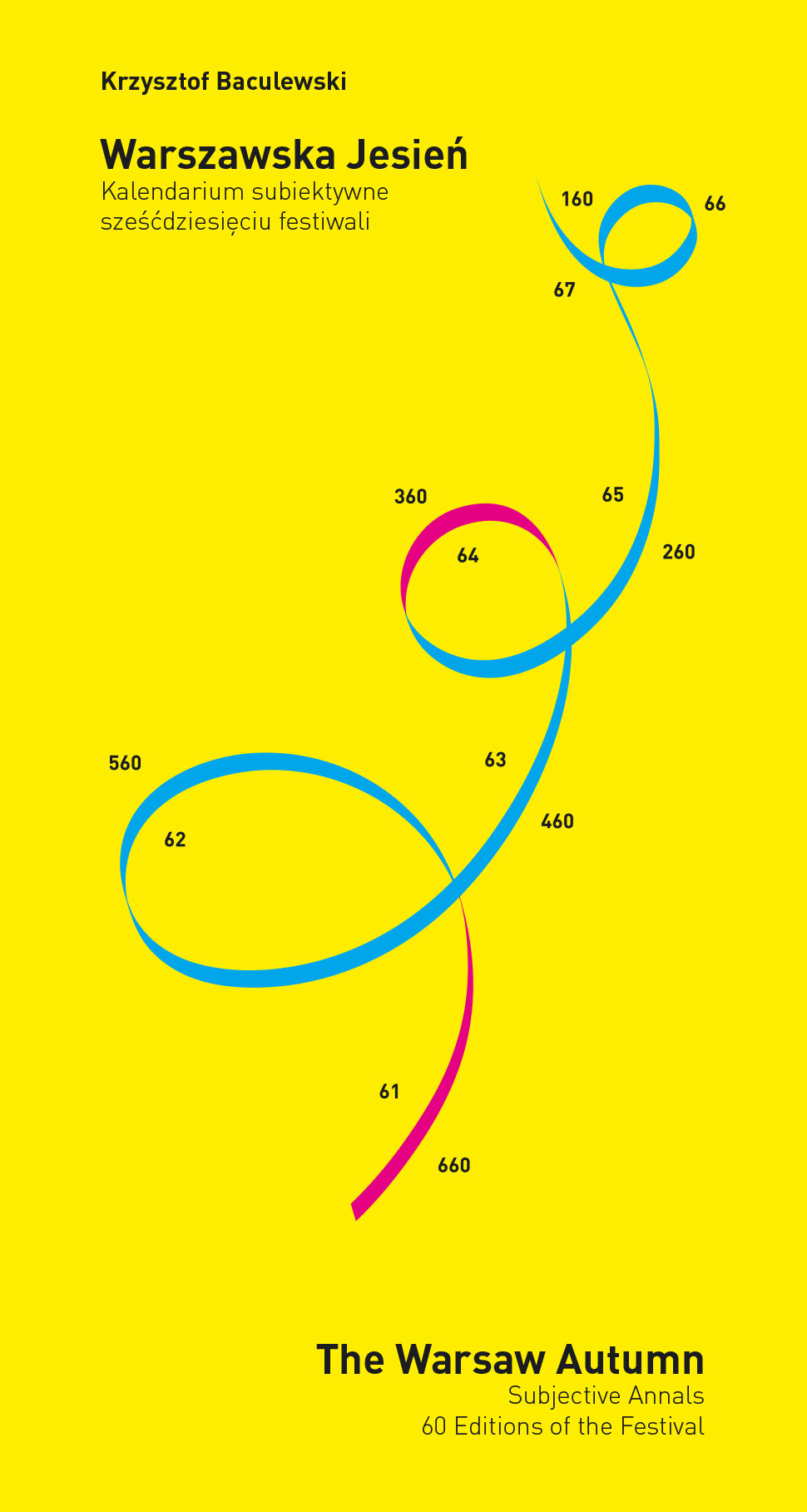
Krzysztof Baculewski "Subjective Annals 60 Editions of the Festival"
The most important event was the concert of the Radio Orchestra of the USSR, conducted by Gennady Rozhdestvensky, whose programme seems somewhat ambiguous. On the one hand, it featured Ozorne chastushky by Rodion Shchedrin, on the other - Symphony No. 2 in D Minor, Op. 40 by Sergei Prokofiev, a superb work, but of somewhat dubious political reputation in Prokofiev's homeland; for political balance we also have a cantata entitled Zdravitsa (Hail to Stalin) by the same composer, written to celebrate the sixtieth birthday of the USSR leader, and presumably for this reason regarded as a flagship piece of Soviet socialist realism.
What this programme demonstrates is the difference in the understanding of the concept of contemporary music between Warsaw and Moscow - even though a number of years had passed since the famous speech by Nikita Khrushchev and it might have seemed that normative aesthetics was a thing of the past... Well, it certainly was for the 'Warsaw Autumn'.
Bohdan Wodiczko, the director of Warsaw Opera, put on an opera-ballet spectacle which was a perfect re ection of the character of 'Warsaw Autumn' programmes in those days; it was made up of two ballets: The Red Coat by Luigi Nono, Orpheus by Igor Stravinsky combined with Luigi Dallapiccola's opera The Prisoner. The Festival programme also included the famous Trois Poèmes d'Henri Michaux by Witold Lutosławski, with the composer making his debut as a conductor, as well as Luciano Berio's Momenti, Pierre Boulez's Le Soleil des eaux, Olivier Messiaen's Cinq Rechants, Krzysztof Penderecki's Polymorphia and Iannis Xenakis' Orient-Occident . Tomasz Sikorski and Krystyna Moszumańska-Nazar made their appearances for the first time. Among the visiting foreign performers, we should mention the Swedish organist Karl-Erik Welin and the German oboist Lothar Faber.
For the first time the Association of Polish Artists Musicians (SPAM) presented its award, the 'Orpheus', for the best Polish artistic creation at the 'Warsaw Autumn'; it went to the dancer Stanisław Szymański for the title role in the ballet Orpheus by Stravinsky. The name of the award was probably borrowed from that work; in the following years, the objectives of the award were somewhat modified, and it began to reward the best performance of Polish music.